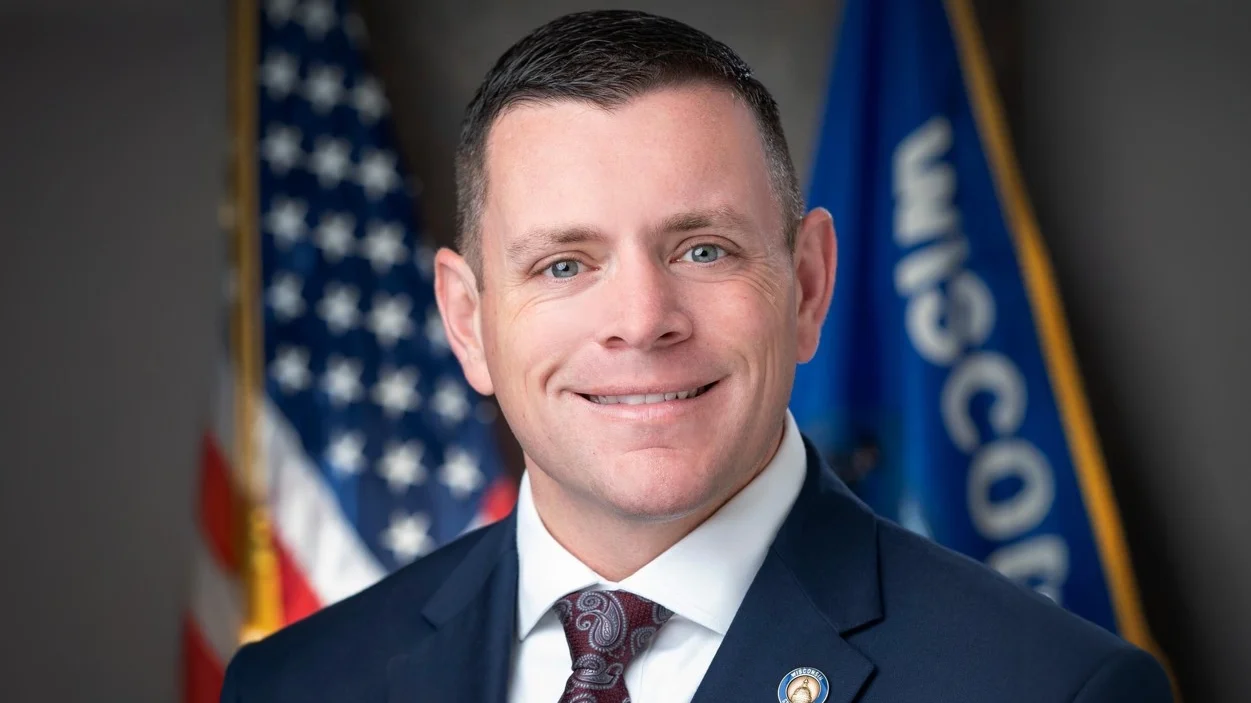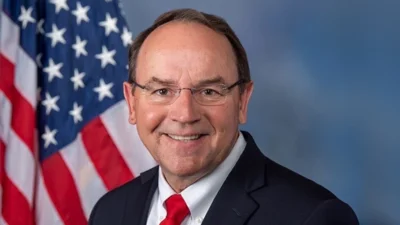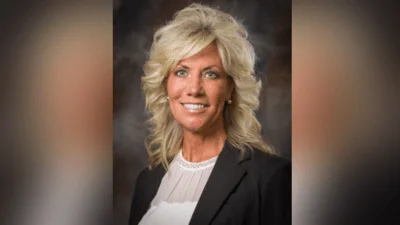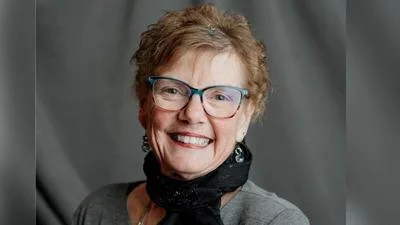Patrick Testin, Wisconsin State Senator for 24th District | Official Linkedin
Patrick Testin, Wisconsin State Senator for 24th District | Official Linkedin
According to the Wisconsin State Legislature's official website, the bill was described as follows: "exempting certain electric vehicle charging stations located at a residence from the electric vehicle charging tax. (FE)".
The following is our breakdown, based on the actual bill text, and may include interpretation to clarify its provisions.
In essence, this bill exempts electricity delivered or placed by any charger of an electric vehicle charging station located at a residence from the electric vehicle charging tax. Currently, a tax of 3 cents per kilowatt-hour is imposed on electricity delivered by specific charging stations, but the bill includes a retroactive provision that applies these changes to electricity delivered since Jan. 1, 2025. It also makes technical modifications to the administration of the tax. The bill, by affecting state or local tax exemptions, may undergo further scrutiny by the Joint Survey Committee on Tax Exemptions to assess its broader implications.
The bill was co-authored by Representative Nancy VanderMeer (Republican-70th District), Senator Kristin Dassler-Alfheim (Democrat-18th District), Senator Melissa Ratcliff (Democrat-16th District), and Senator Mark Spreitzer (Democrat-15th District). It was co-sponsored by Representative Ryan M. Clancy (Democrat-19th District), Representative Barbara Dittrich (Republican-99th District), and Representative Jenna Jacobson (Democrat-50th District), along with four other co-sponsors.
Patrick Testin has authored or co-authored another 10 bills since the beginning of the 2025 session, with none of them being enacted.
Testin graduated from the University of Wisconsin at Stevens Point in 2011 with a BS.
Testin, a Republican, was elected to the Wisconsin State Senate in 2017 to represent the state's 24th Senate district, replacing previous state senator Howard Marklein.
In Wisconsin, the legislative process starts when a senator, constituent, group, or agency proposes an idea for a bill. After drafting, the bill is introduced, numbered, and referred to a committee for review and public input. If approved, it moves through three readings and votes in both the Senate and Assembly. Once both chambers pass the same version, the bill goes to the governor, who can sign it, veto it, or let it become law without a signature. Only a small share of bills introduced each session ultimately become law. You can learn more about the Wisconsin legislative process here.
| Bill Number | Date Introduced | Short Description |
|---|---|---|
| SB96 | 03/07/2025 | Exempting certain electric vehicle charging stations located at a residence from the electric vehicle charging tax. (FE) |
| SB71 | 02/26/2025 | Ratification of the Dietitian Licensure Compact. (FE) |
| SB68 | 02/24/2025 | The prescription drug monitoring program. (FE) |
| SB24 | 02/05/2025 | Limitations on the total value of taxable property that may be included in, and the lifespan of, a tax incremental financing district created in the city of Middleton. (FE) |





 Alerts Sign-up
Alerts Sign-up